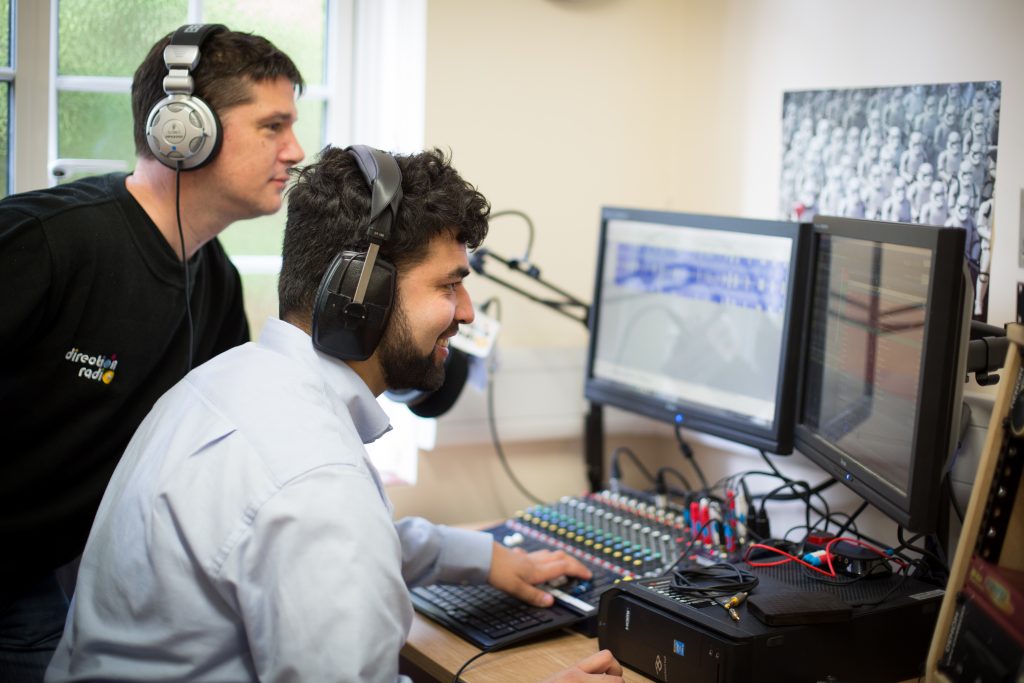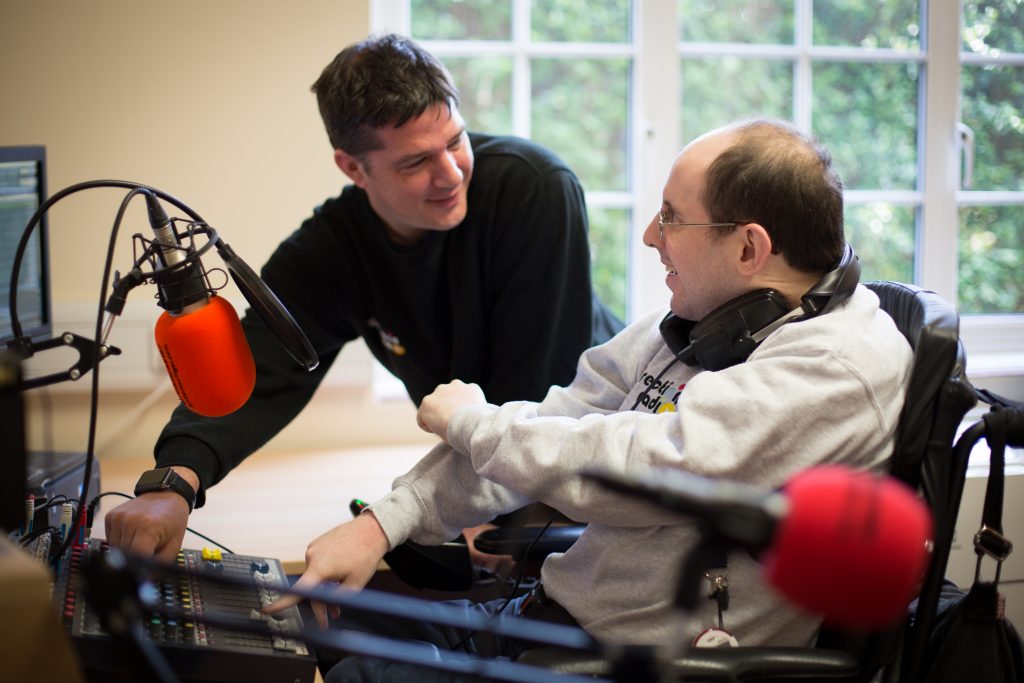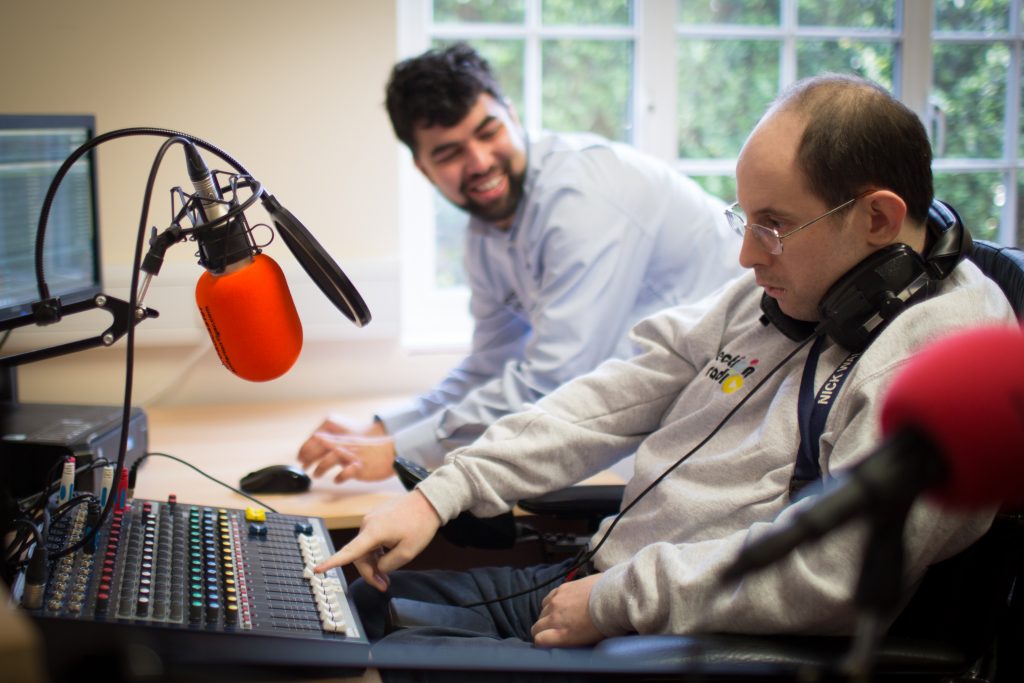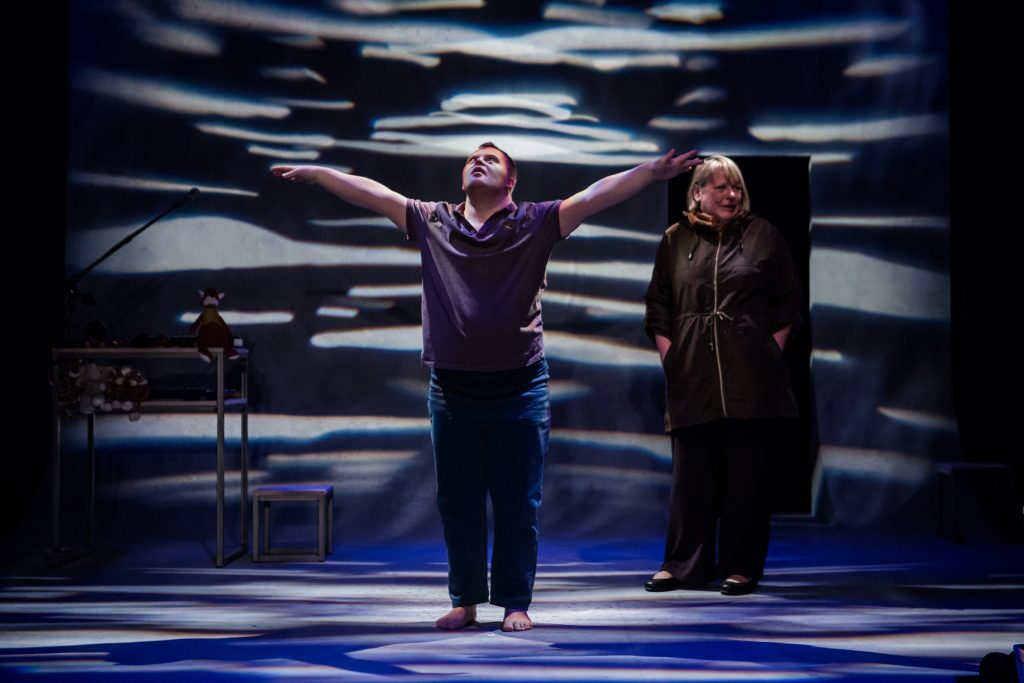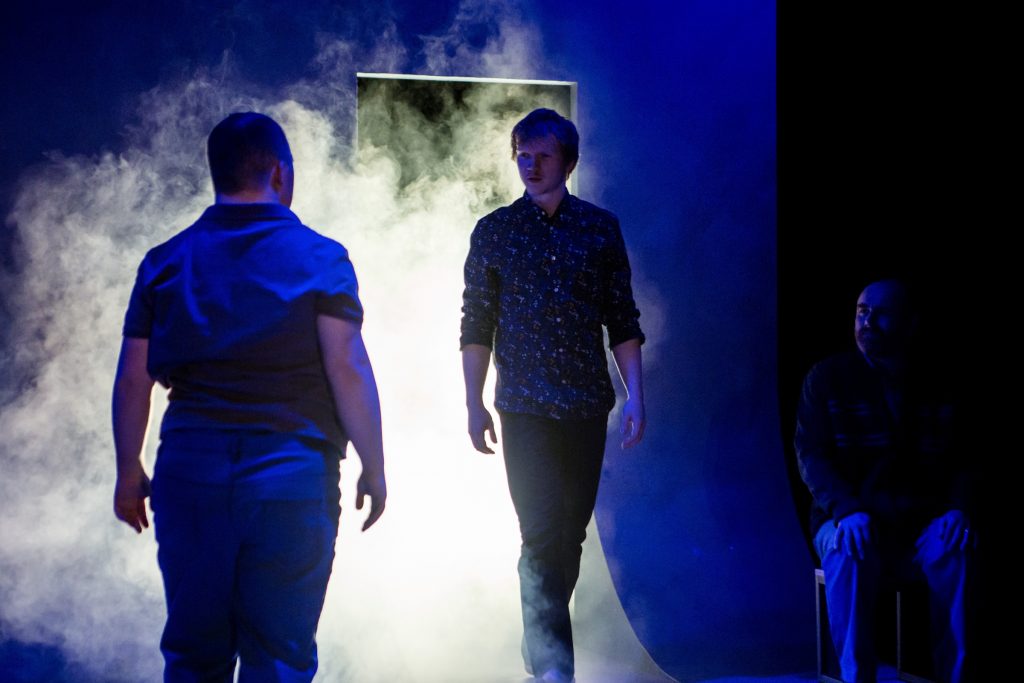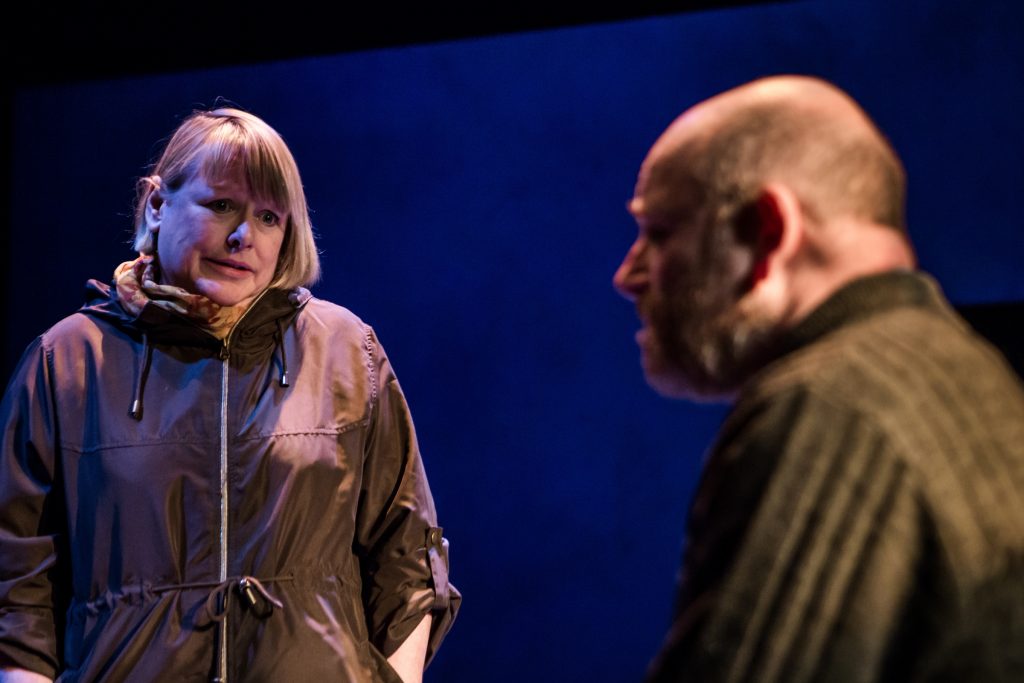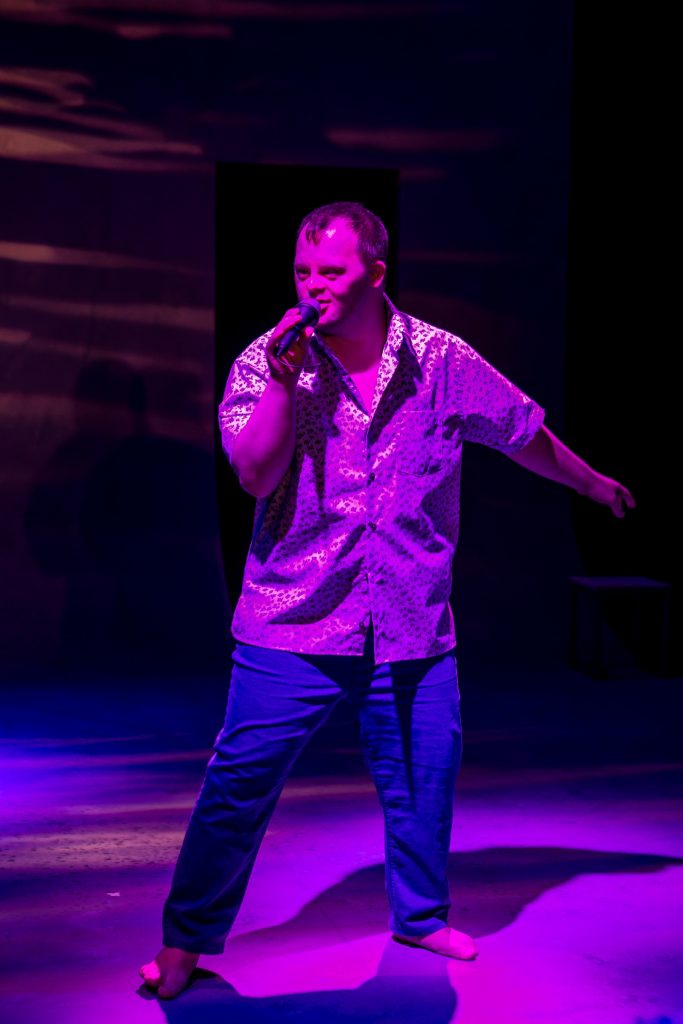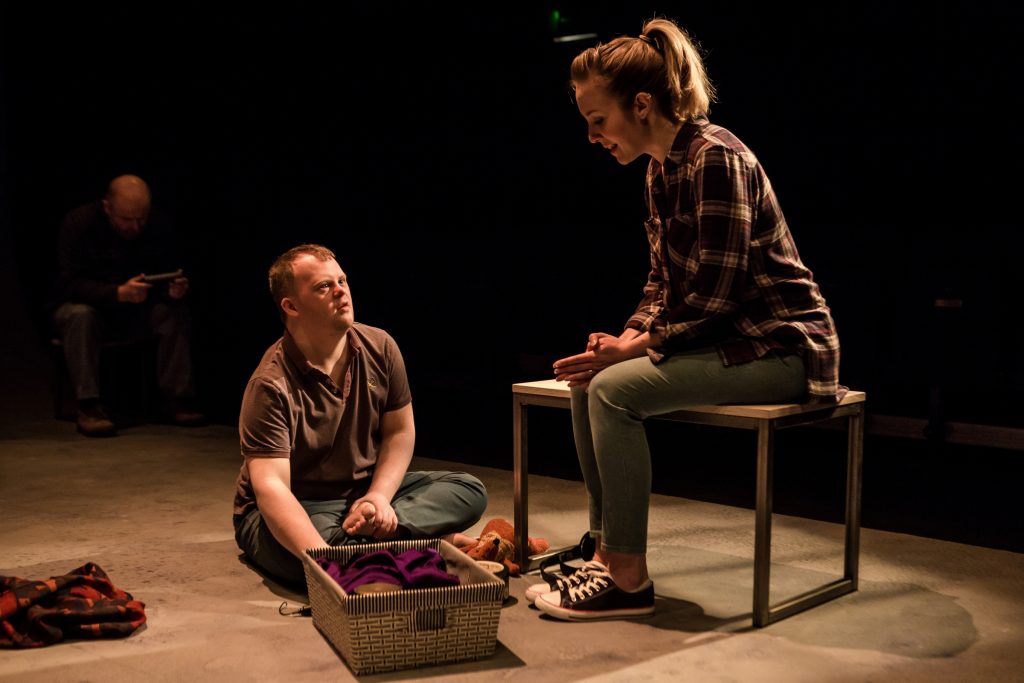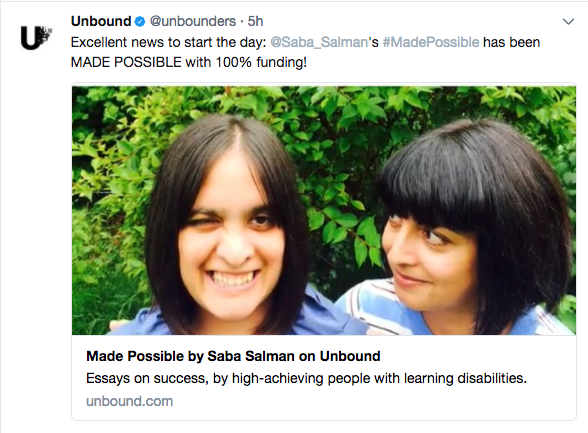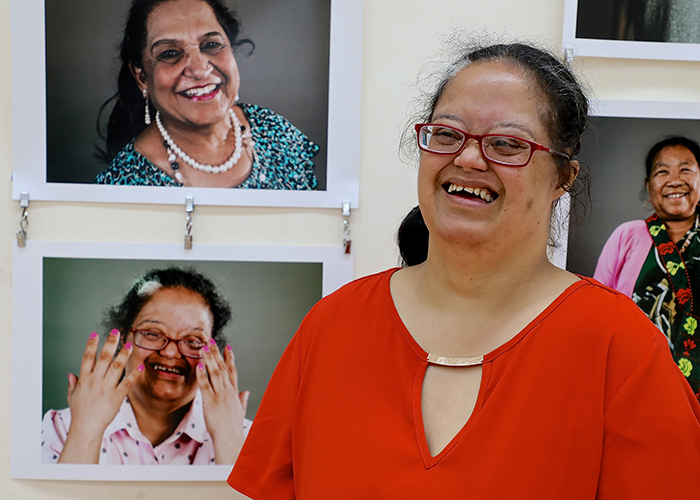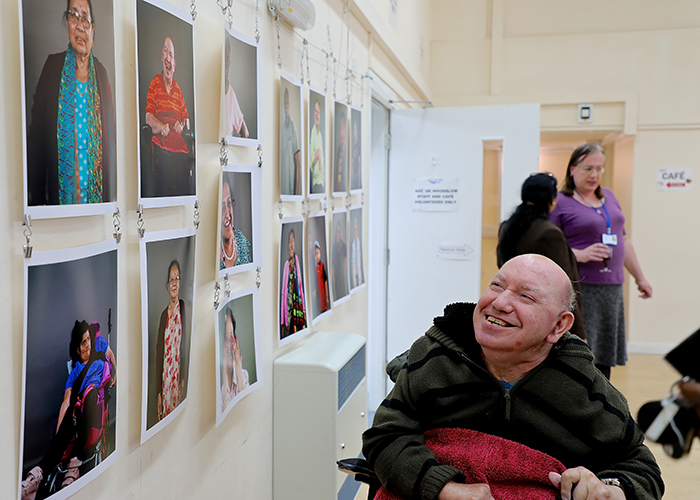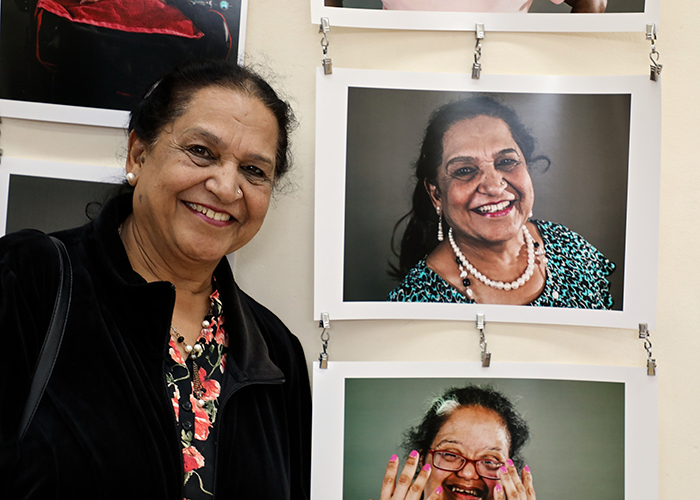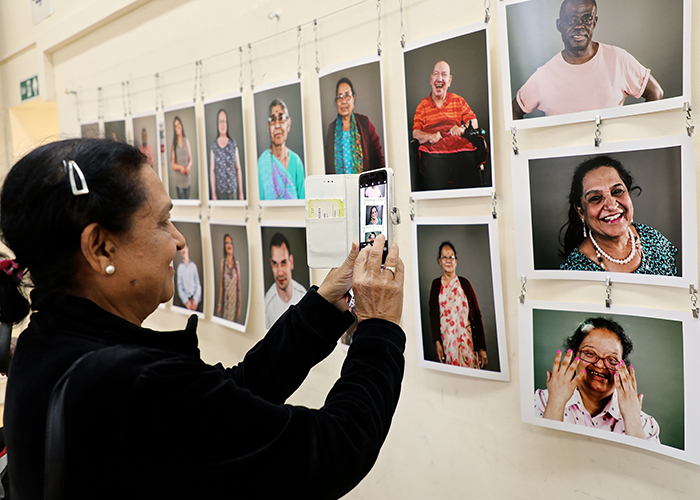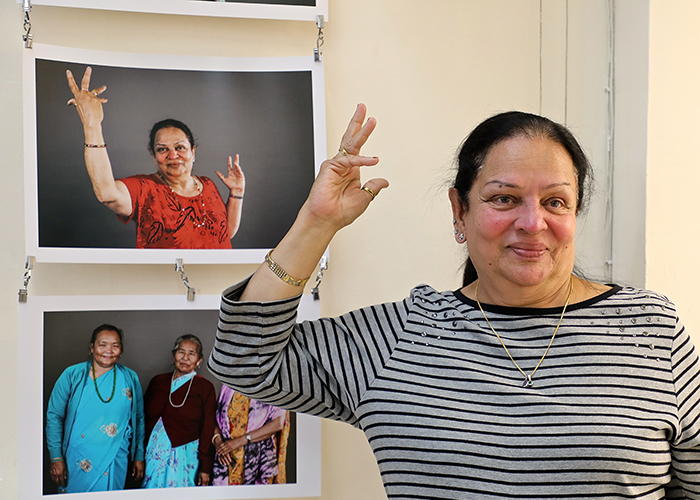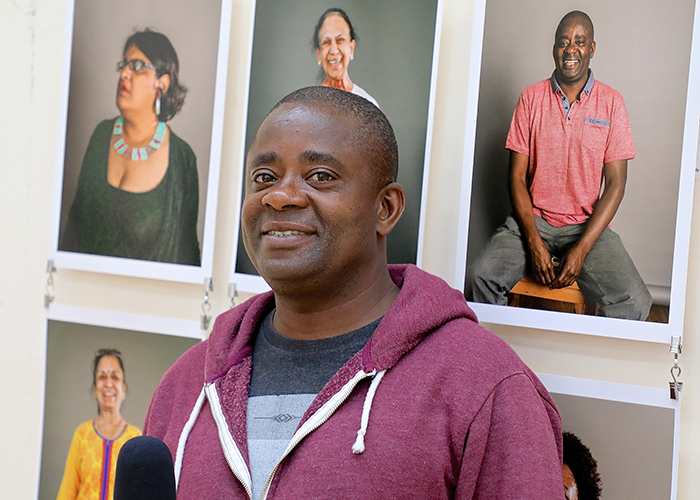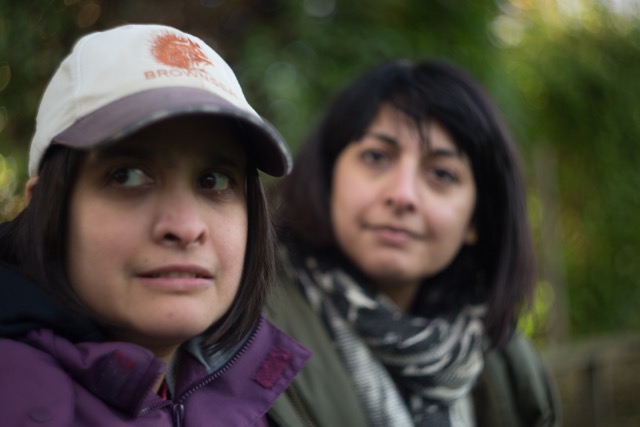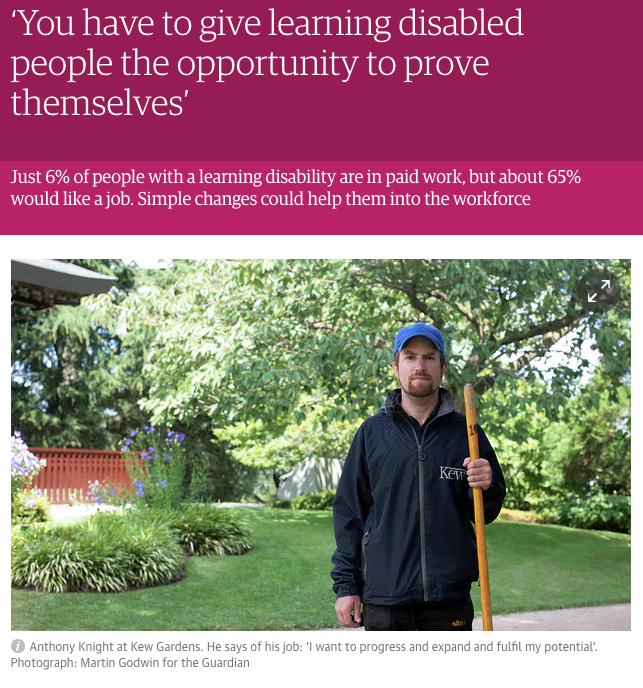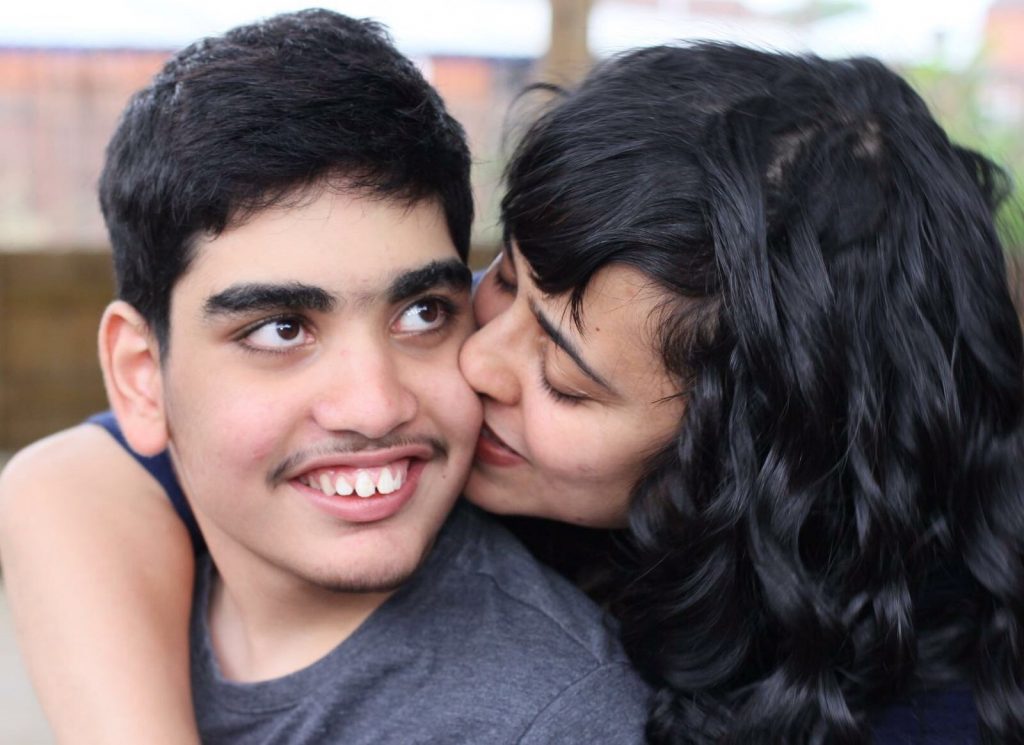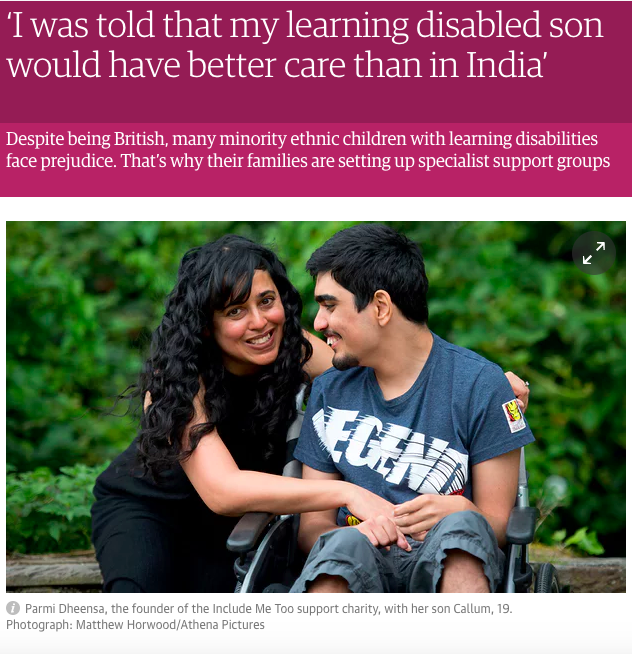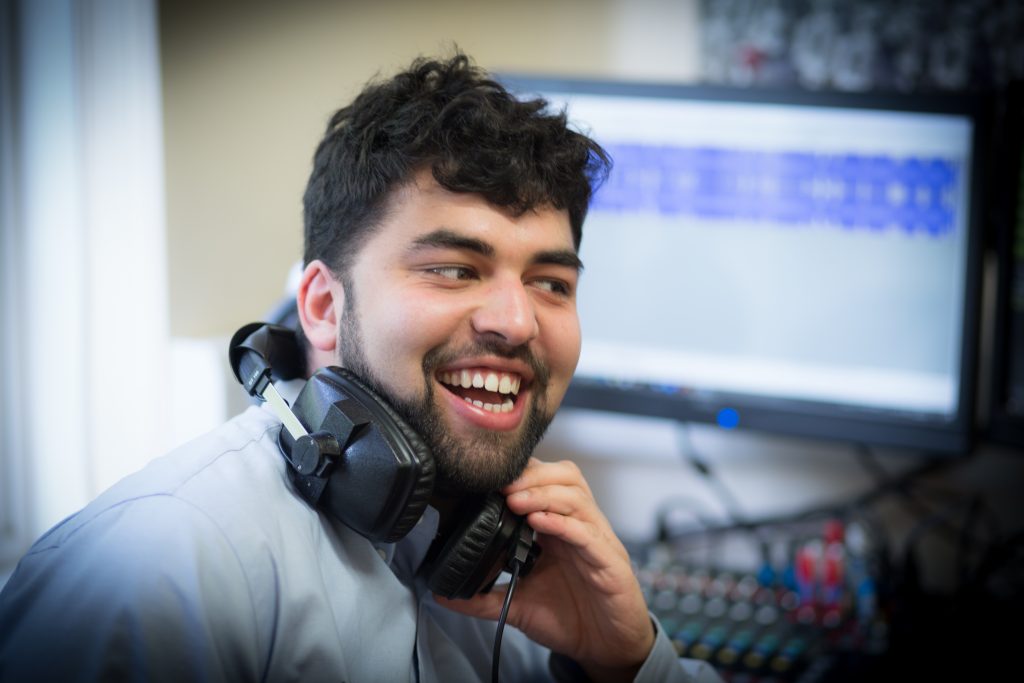
I met DJ Martin Bell (“not the man in the white suit!)” at the station where he works, Direction Radio in Epsom, Surrey, for a Guardian story published today.
Martin, who has a mild learning disability and cerebral palsy, recently interviewed two engineers from the PWL production company and the experience boosted his confidence. “That was my first interview. I was nervous but I nailed it,” he says. “We recorded it first and then we edited it. I enjoyed coming up with questions.”
He also won the station’s producer of the year award for 2016-17. What would he do if was not at the station? “I wouldn’t know everyone here – they are like my family. I would be at home doing nothing or going out and spending money, but I want to save and become more independent.”
Online station Direction Radio is part of social care provider Surrey Choices’ day service programme. It helps people with physical or learning disabilities to develop skills in broadcast and production.
Some 19 DJs produce and present the shows reflecting all musical genres – from rock to pop, R&B and classical. Station manager Chris Fenn (who does not have a disability) explains that DJs have “a blank canvas” to create their slots, which last between one and three hours, and decide on everything from the jingle to the playlist. “I say to all the guys, ‘You do what you want to do with it’,” says Fenn. “It’s all their choice and that’s why it’s so diverse.”
You can read my report on Martin and his fellow DJs on the Guardian website (all photos from Surrey Choices).
